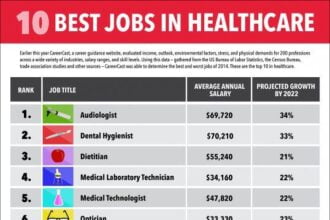The way in which John Boehner and other members of Congress essentially held the government hostage during the debt ceiling debate marks a new era in American politics. Never before had Congress said “Unless we get our way on issues X, Y, and Z, we’re going to let the country default on its loans.” It would be like a husband saying to his wife, “Unless I get to watch football all day on Saturday and Sunday, I’m not paying the mortgage!” While it doesn’t make much sense, it is nevertheless the world we now inhabit.
The way in which John Boehner and other members of Congress essentially held the government hostage during the debt ceiling debate marks a new era in American politics. Never before had Congress said “Unless we get our way on issues X, Y, and Z, we’re going to let the country default on its loans.” It would be like a husband saying to his wife, “Unless I get to watch football all day on Saturday and Sunday, I’m not paying the mortgage!” While it doesn’t make much sense, it is nevertheless the world we now inhabit.
The thing is, it at least partially worked, and that means that this style of deficit and debt politics–using budget debates to make otherwise unattainable policy demands come true–is here to stay. That, in turn, means that the entire budgetary process is about to get a whole lot tougher. Everything will be accounted for, and many of the old tricks will no longer be viable means of finding small pockets of funding for special projects–or even paying for larger programs, like Medicare and Social Security.
As Jon Oberlander writes, this new style of politics is likely to have serious repercussions for the health care industry. In short, when balancing the budget becomes essential, the rules enforce a zero sum game. Unless we raise revenues, we’re going to have cut spending, and health care is one of the most expensive things we purchase. The health care industry then faces a choice: Support tax increases or face the very real possibility of cuts to their bottom line.







